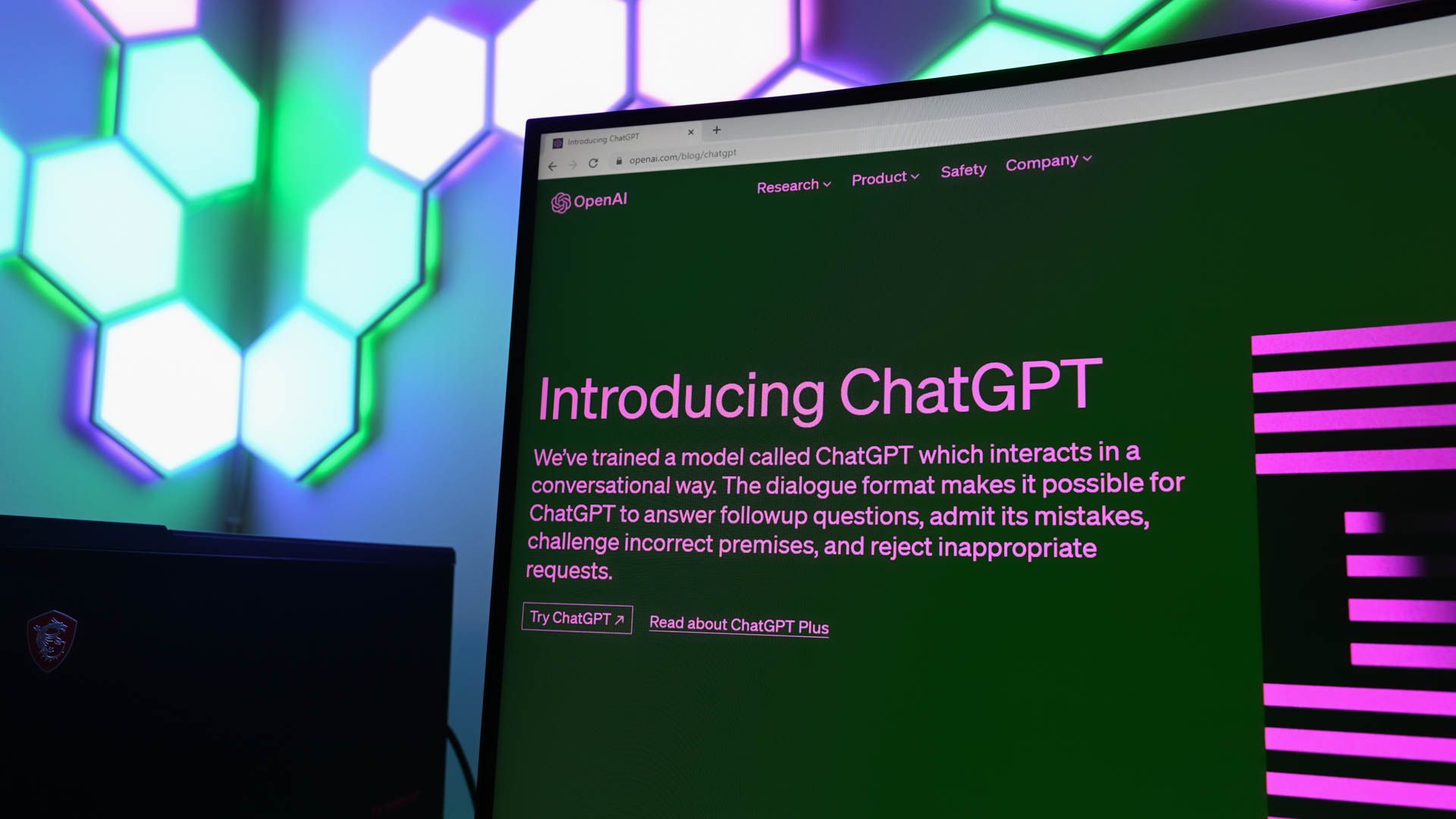Quick Links
Key Takeaways
OpenAI's services may not be available in every country, but alternatives like IBM Watson and Google's Bard AI exist for those in unsupported regions. While VPNs and third-party services could bypass restrictions, they may have legal and privacy implications.
OpenAI's services have been taking the world by storm. Their ground-breaking AI models, like GPT-3 and Codex, have transformed everything from natural language processing to programming assistance. But what do you do if OpenAI's services aren't available in your region?
Why OpenAI Services Aren't Available Everywhere
OpenAI, like many tech companies, faces complex regulatory landscapes across the globe. OpenAI's CEO, Sam Altman, recently indicated that the company could cease operations in the European Union if it can't comply with forthcoming AI regulations.
These proposed regulations may designate OpenAI's models as "high risk," requiring increased safety compliance. Altman expressed support for a balanced approach to regulation but acknowledged the risks of AI, especially for AI-generated misinformation.
This is but one example of the legal hurdles OpenAI services contend with in future regions they want to operate in and those they currently operate in. Different countries have different laws regarding data privacy, AI usage, and intellectual property rights. OpenAI, like many tech companies, must navigate these complex legal landscapes to ensure they're operating within the law in every region they serve.
Also, supporting a service in a particular country takes more than just flipping a switch. It involves considerations around infrastructure, language support, customer service, and much more. The company has to weigh these factors and make strategic decisions about where and when to expand its services.
Using Third-Party Services to Access OpenAI's APIs and Services
One way to access OpenAI's APIs and services from an unsupported region is to use third-party services. These services act as a middleman, taking your requests and forwarding them to OpenAI's servers, then returning the responses to you.
However, it's crucial to use these services with caution. Ensure you fully understand these third parties' terms of service and privacy policies. You're essentially trusting them with your data, which could be misused if it falls into the wrong hands.
Alternatives to OpenAI When It's Not Available in Your Area
If OpenAI's services are unavailable in your region, several other AI platforms may be alternatives.
IBM Watson is prime alternative. An AI platform developed (obviously) by IBM, Watson uses natural language processing and machine learning to understand complex unstructured data. It's used in various fields, including healthcare, finance, and retail, providing services that can help businesses make better decisions and improve customer experiences.
Then there's Google' Bard AI based on its PaLM AI model. This is perhaps the most direct alternative to ChatGPT, OpenAI's most popular tool so far. Rather than use any online at all, you can also run a ChatGPT-like chatbot called Alpaca directly on your device, assuming your hardware is capable.
Using VPNs to Access OpenAI's Services (Proceed With Caution)
While using a VPN might seem like an easy fix to bypass regional restrictions, it's important to proceed with caution. VPNs can help you mask your location and make it appear as if you're accessing the internet from another country.
However, the use of VPNs to circumvent regional restrictions can be a legal gray area in many jurisdictions. Also, it's important to keep in mind that the use of VPNs may violate the terms of service of some companies or your country, potentially resulting in the suspension of your account or legal repercussions.
Getting Updates on OpenAI Service Availability
Lastly, if you're keen on accessing OpenAI's services directly, keep an eye on updates from the company. They might expand their services to more regions in the future. You can follow OpenAI on their official social media platforms or read the official OpenAI blog.
While it can be frustrating if OpenAI's services aren't available in your country, there are ways around it, and alternative services you can use. Always be aware of the potential legal and privacy implications, and stay informed about updates from OpenAI so you don't miss out on their services when they become available.

